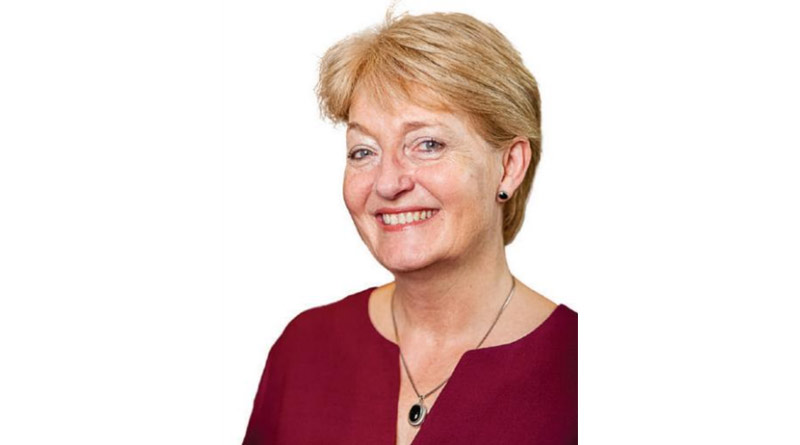Nurturing A Culture Of Continuous Improvement: Embedding Quality Improvement Processes To Drive Ongoing Excellence In Care Provision
By Tina Stebbings – Business Manager at Fulcrum Care Consulting (www.fulcrumcareconsulting.com)
In the rapidly evolving landscape of care provision, the need for continuous improvement has become paramount. Care homes are entrusted with the wellbeing of vulnerable individuals, and it is important to harvest a culture of excellence that ensures the highest standards of care. This is where a care home consulting firm plays a pivotal role, guiding and supporting care providers in embedding quality improvement processes that drive ongoing excellence, which also extends to those care environments that are already rated as ‘Good’ or ‘Outstanding’ in a Care Quality Commission (CQC) report.
Quality improvement is a dynamic and systematic approach that focuses on enhancing the efficiency, effectiveness, and safety of care delivery. By adopting this approach, care homes can consistently evaluate their practices, identify areas for improvement, and implement evidence-based solutions. Creating a culture of continuous improvement requires more than sporadic efforts and requires a structured framework and collective commitment from the care provider, its leadership team, and its staff.
The first step in nurturing a culture of continuous improvement is to establish a clear vision and set of values that emphasise quality and person-centred care. This vision should be communicated effectively to all staff members from the top-down, ensuring they understand the importance of their individual roles in achieving excellence, and how they work as part of a wider team to achieve the same common goal. The vision should be clear, concise and meaningful. Without a vision there is little direction and hope, which can be demoralising for staff and lead to a downfall in other areas of the care home.
Once the vision is in place, quality improvement processes must be integrated into the structure of the care home’s operations. This involves the identification and measurement of key performance indicators (KPIs) that reflect the organisation’s goals and values. By tracking and analysing these KPIs, care homes can obtain objective data on their performance and identify areas that require improvement. If struggling with this, a consulting firm can collaborate with care providers to establish appropriate KPIs and develop data collection and analysis methods that are efficient and effective.
To drive ongoing excellence, emphasis must be placed on the importance of staff engagement and empowerment. Caregivers are at the frontline of care provision, and their insights and experiences are invaluable for identifying improvement opportunities. Encouraging a culture of open communication and actively involving staff in quality improvement initiatives can create a sense of ownership and motivation. Additionally, providing staff with training and resources to enhance their skills and knowledge ensures that they are equipped to deliver high-quality care consistently.
Embedding quality improvement processes also involves regular audits, inspections, and reviews to assess compliance with regulations and standards. Care home providers are required by law to have systems and processes to ensure they meet their legal obligations to provide good governance (commonly known as Regulation 17). Navigating the complex regulatory landscape, and ensuring adherence to legal requirements and best practices can be difficult. A lot of homes don’t have the time – or sometimes the specialist knowledge – to get bogged down in the systems and processes, even though these are essential for the smooth running of homes and for achieving favourable CQC ratings. Consulting firms can bridge this gap and conduct comprehensive assessments, identify areas of non-compliance, and develop tailored action plans to address any deficiencies.
Continuous improvement in care provision extends beyond internal processes; it also entails embracing innovation and staying abreast of industry advancements. It’s important to stay on top of emerging trends, technologies, and evidence-based practices. By incorporating innovative solutions, digital ecosystems, and the latest technology, care homes are able to adapt and excel in an ever-evolving healthcare landscape, and meet the increasing needs of social care residents.
Overall, nurturing a culture of continuous improvement is essential for care homes striving for ongoing excellence in care provision. A care home consulting firm serves as a valuable partner in this journey, offering to turn around and improve failing homes, maintain homes wanting to retain current ‘Good’ or ‘Outstanding’ ratings, and boost other homes looking to add value, improve occupancy or generate additional income. With support and guidance on regulations, management issues, and operational matters, care homes can create an environment where excellence is the norm, ensuring the wellbeing and satisfaction of its residents.

